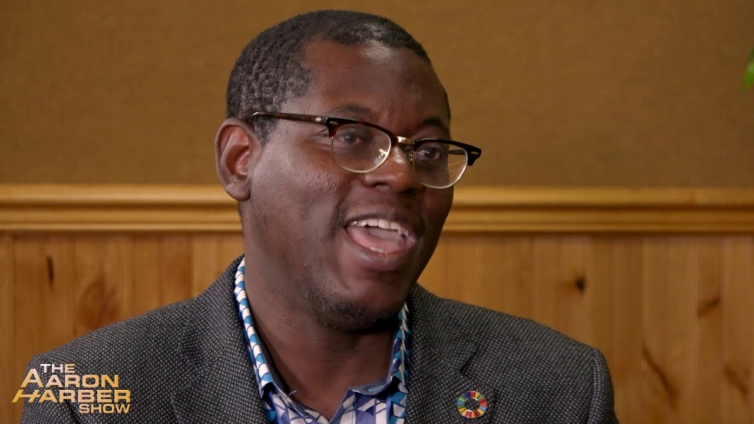The IMF says 40% of jobs are exposed to ArtificiaI Intelligence (AI). CNN translates this as 40% of jobs will be disrupted by AI. Not the same thing. Not even all that close.

When it comes to the other projected impacts, especially regarding inequality, the CNN summary does not deviate too much from the IMF line.

In this quick reaction, however, I only focus on the jobs angle. The whole “AI will kill jobs” debate seems like a loop. It keeps going round in circles. At its alarmist extreme, it gives off bad science fiction vibes.
One key point that is easy to miss, in all of this, though, is the rate, nature and trade-offs of diffusion and absorption of any disruptive technology. Some technologies and their complements can diffuse and be absorbed across the economy without too much synchronisation of business decision-making, policymaking, user education, and investment reallocation planning. Take automobiles and gas/charging station networks, or airlines and airports, to use a very crude example.
Other technologies systems, however, can’t. Consider railways, for instance. That is why many African countries have been doing fairly well with road transport, and even air transport, but rail has proven extremely hard to get to any real level of scale.
AI is increasingly looking like a technology that falls more in the latter category of disruptive systems that require intense synchronisation (or hyper-integration) for deep societal absorption.
If this view is correct, then:
A. AI will be slower in displacing jobs than assumed.
B. Efforts to increase its diffusion will by themselves create more jobs than AI’s parallel turbocharging of automation will end up killing over the medium-term horizon.
I explored this same theme more than a decade ago. That brief essay is very dated, but it captures the essence of the argument adequately.
What does all this mean for Africa?
1. The continent, given its already higher levels of fragmentation, may miss out on some of the early gains of transformative AI unless it embraces the concept of “transmediation” to increase synchronisation of commitment across different facets of society and the economy.
2. On the other hand, the structural gap between the continent and the global AI frontier may widen less quickly than suggested by the absolute differential in current capacities, allowing smart African countries to coordinate their strengths, catch up, and even overtake current category leaders. The fact that Africa generates less than 0.4% of some AI resources at present (far less than its relative economic weight) will then matter much less. The generative AI boom being witnessed today holds more promise for upskilling than for wholesale displacement, at least in Africa.
The obvious question here is whether Africa’s elites will take the right lessons from the past and seize the moment, recognising that excellent leadership in any one domain won’t cut it; only visionary transmediation across a broad span of national and regional systems can.
Latest Stories
-
Trump picks Pam Bondi as attorney general after Matt Gaetz withdraws
2 mins -
Providing quality seeds to farmers is first step towards achieving food security in Ghana
7 mins -
Give direct access to Global Health Fund – Civil Society calls allocations
3 hours -
Prince Harry jokes in tattoo sketch for Invictus
4 hours -
Akufo-Addo commissions 200MW plant to boost economic growth
4 hours -
Smallholder farmers to make use of Ghana Commodity Exchange
4 hours -
I want to focus more on my education – Chidimma Adetshina quits pageantry
4 hours -
Priest replaced after Sabrina Carpenter shoots music video in his church
4 hours -
Duct-taped banana artwork sells for $6.2m in NYC
5 hours -
Arrest warrants issued for Netanyahu, Gallant and Hamas commander over alleged war crimes
5 hours -
Actors Jonathan Majors and Meagan Good are engaged
5 hours -
Expired rice saga: A ‘best before date’ can be extended – Food and Agriculture Engineer
5 hours -
Why I rejected Range Rover gift from a man – Tiwa Savage
5 hours -
KNUST Engineering College honours Telecel Ghana CEO at Alumni Excellence Awards
5 hours -
Postecoglou backs Bentancur appeal after ‘mistake’
6 hours

